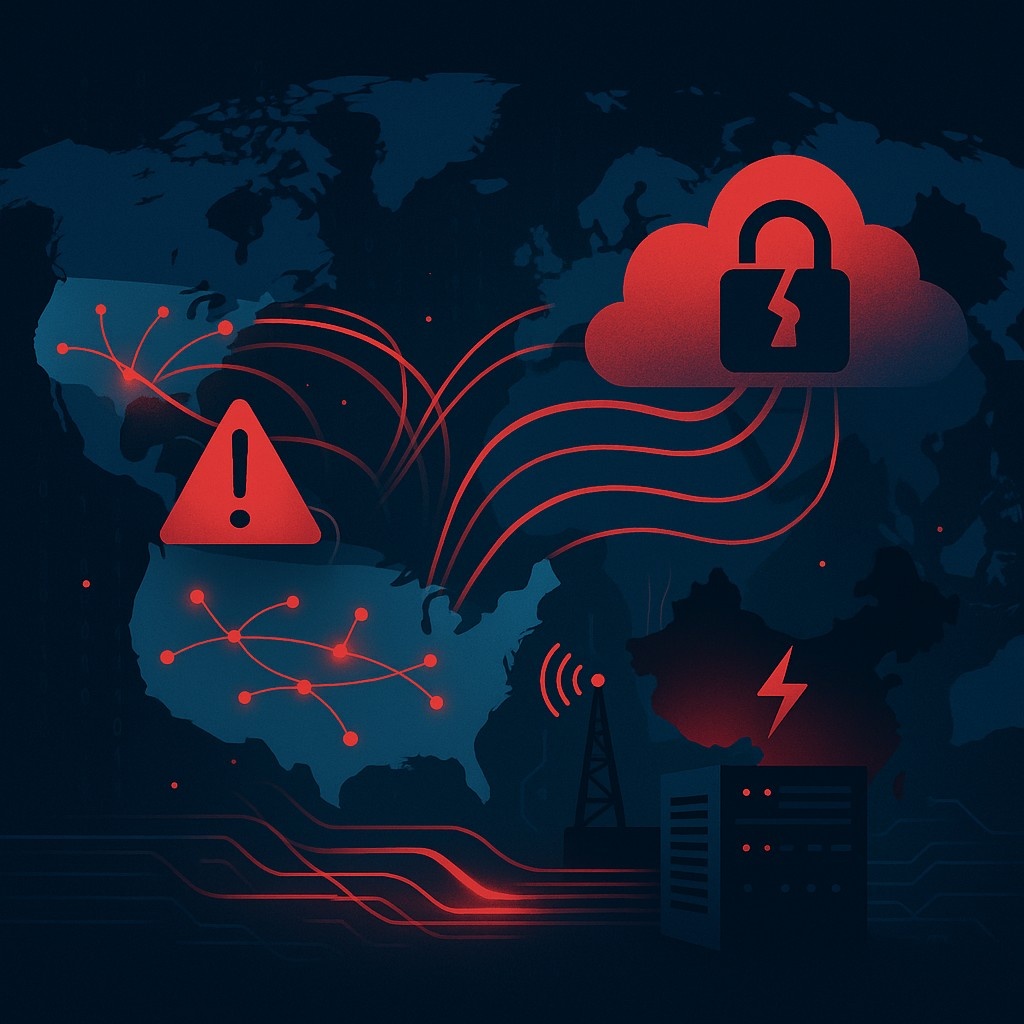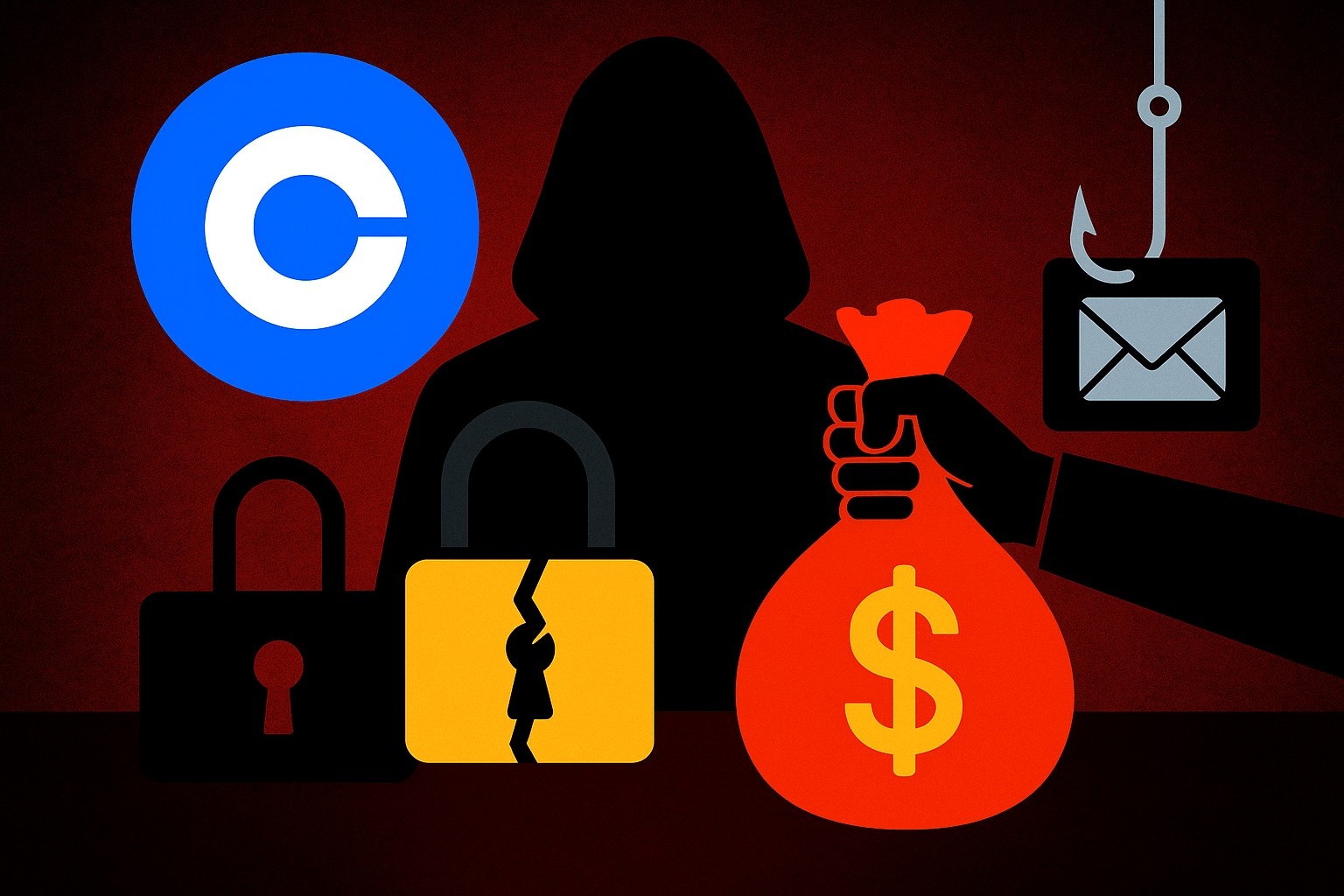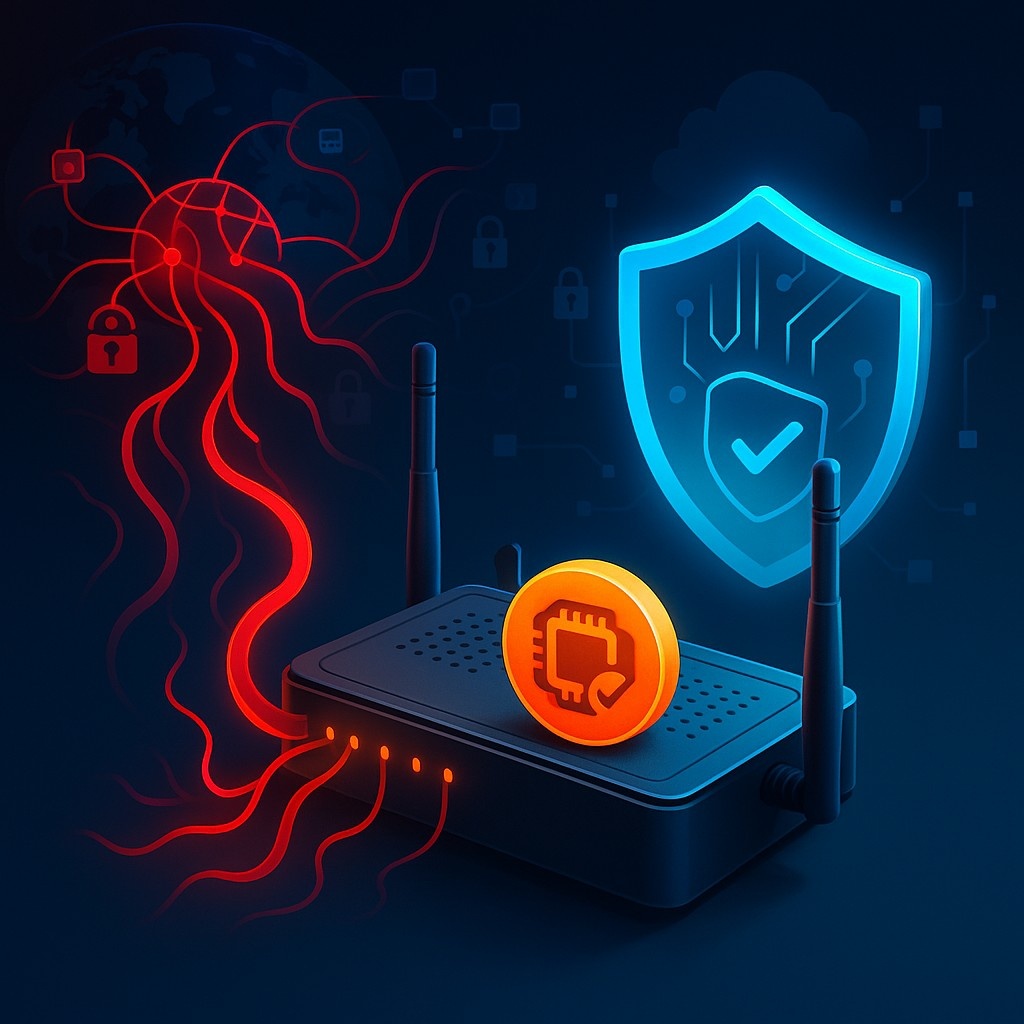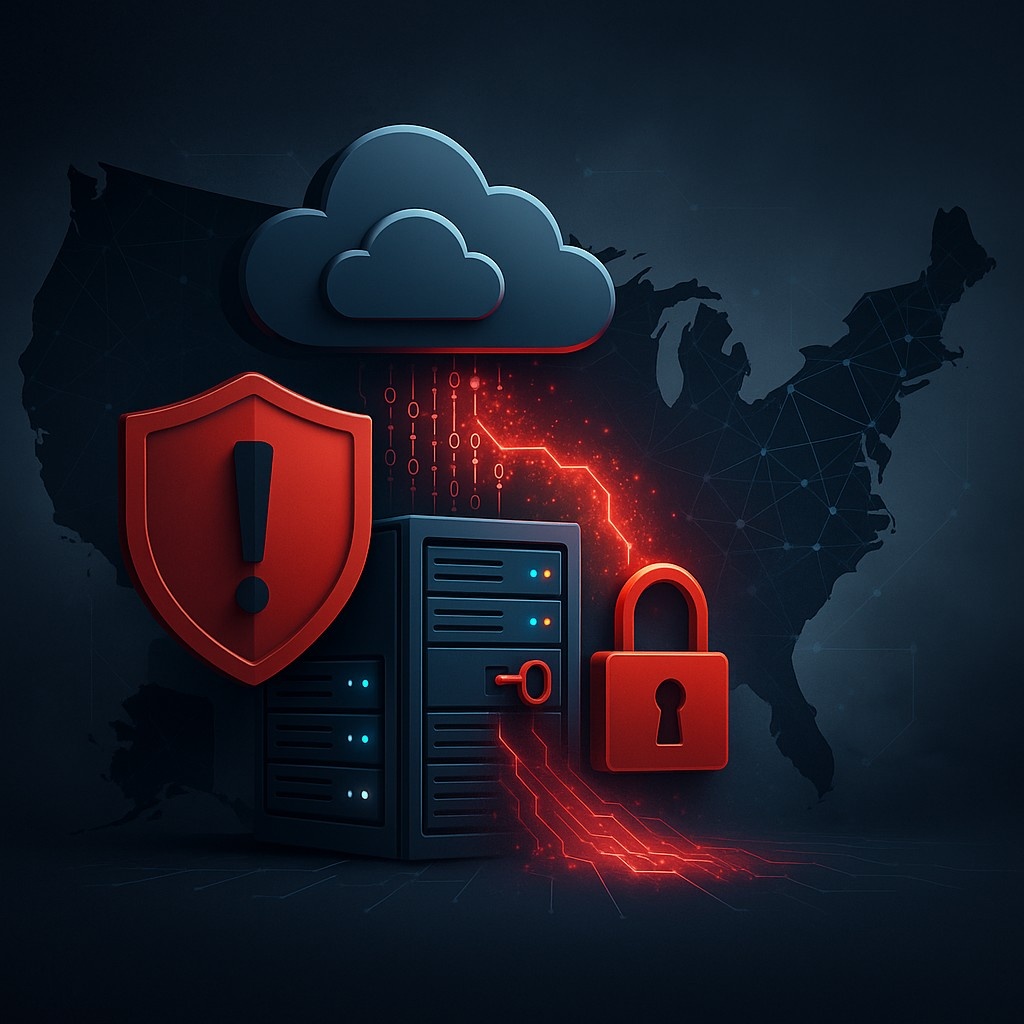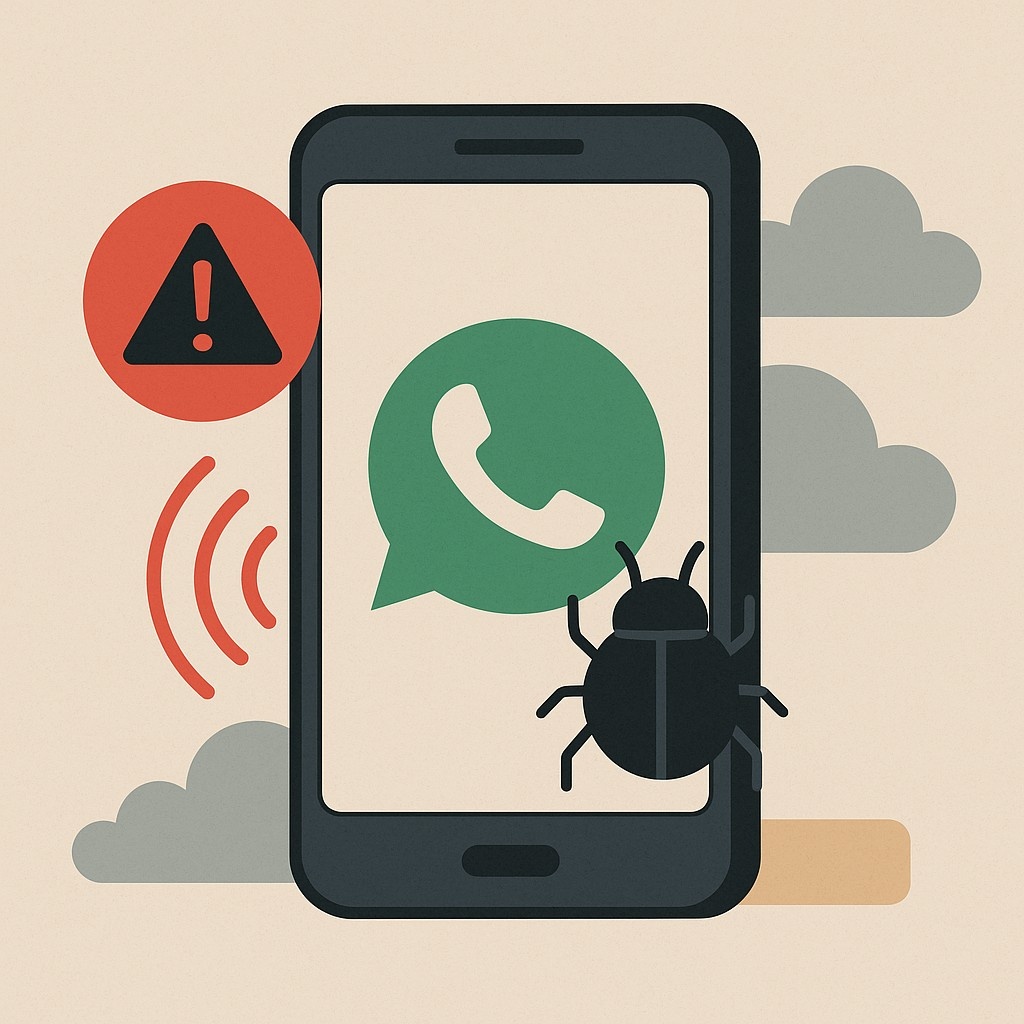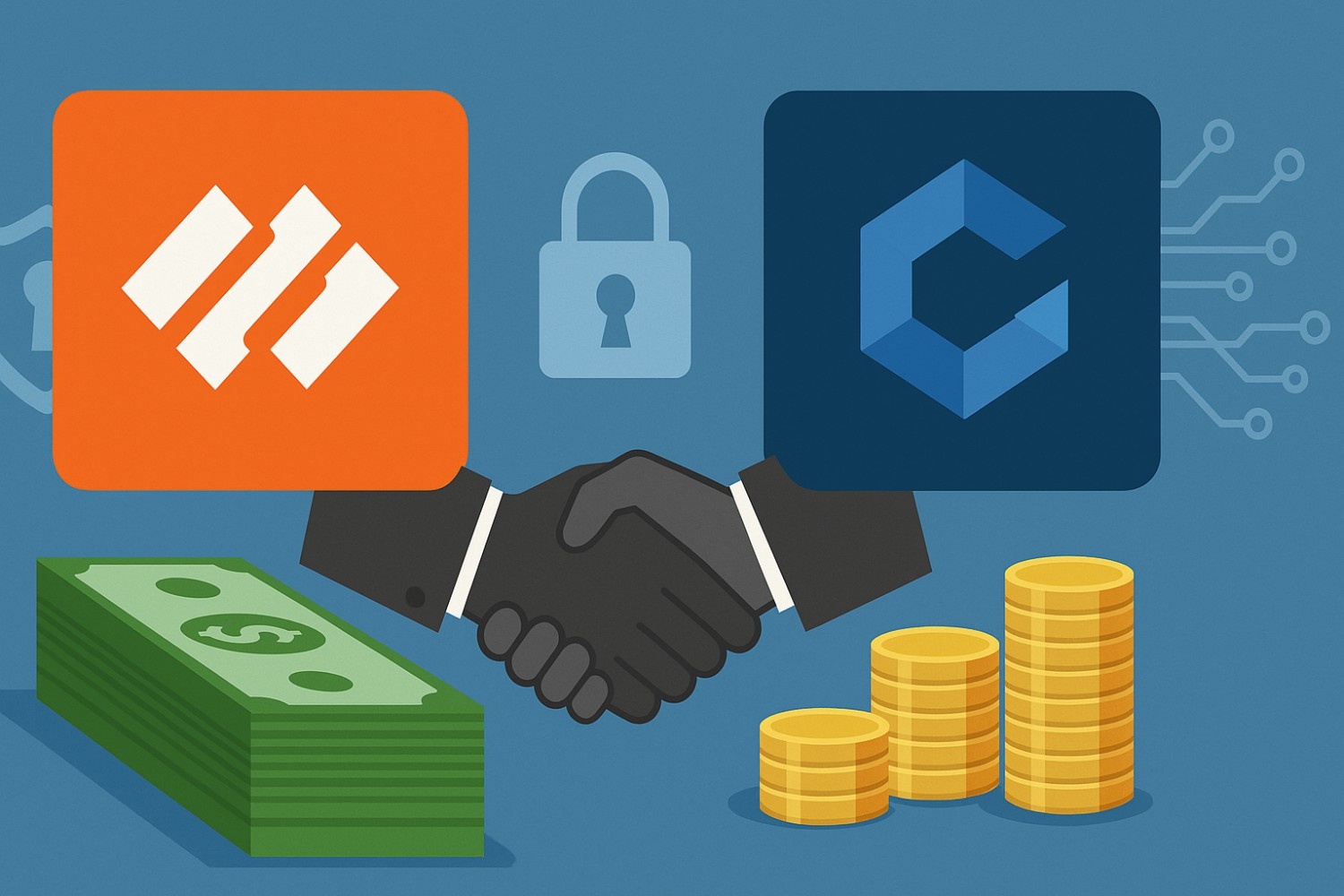FBI Reveals Chinese Hackers Breached Telecoms of 200+ Companies Worldwide
A multi-year cyber-espionage campaign compromised global communications infrastructure.
The FBI has disclosed that a Chinese state-sponsored hacking group, Salt Typhoon, carried out one of the largest cyber-espionage campaigns in recent memory, infiltrating the telecom networks of over 200 U.S. companies and hundreds more across 80 countries. This revelation marks a chilling moment for global cybersecurity, as it shows that the backbone of the world’s communications infrastructure has been silently compromised for years.
The Group Behind the Attack
Salt Typhoon, also known as Camaro Dragon or Earth Estrie, is believed to operate under the control of China’s Ministry of State Security (MSS). This hacking group is not a new player. It has been linked to earlier attacks on U.S. telecommunications providers, but the FBI’s latest admission shows the scope was far wider than initially thought.
The hackers’ methods were sophisticated and carefully designed to avoid detection. Instead of going after flashy targets like websites or social media accounts, Salt Typhoon focused on the “quiet pipes” of the internet—routers, switches, and other telecom infrastructure that carry global voice and data traffic.
What Was Stolen?
The FBI revealed that the hackers weren’t necessarily listening in on conversations word for word. Instead, they were collecting metadata:
- Who called whom
- When the calls took place
- How often individuals connected
- Routing data for text messages and internet traffic
By putting this information together, Salt Typhoon could map the social networks of high-value individuals, including U.S. government officials, intelligence officers, and political leaders.
This is immensely powerful. Even without the content of calls, knowing who a senior U.S. lawmaker spoke with, how frequently, and at what times can reveal patterns that are gold for intelligence agencies.
How the Attack Worked
Salt Typhoon exploited vulnerabilities in Cisco and Fortinet networking equipment—two of the most widely used systems in the world. They planted malware on routers and firewalls, which allowed them to siphon data undetected for long periods.
Security researchers say the malware was highly advanced:
- It blended into legitimate system processes.
- It stayed hidden even during software updates.
- It allowed remote control of devices for months or years at a time.
Essentially, once Salt Typhoon was inside a telecom network, they could move silently, pulling data without setting off alarms.
A Campaign of Unprecedented Scale
Earlier this year, U.S. officials believed Salt Typhoon had compromised about nine American telecom firms. But Assistant Director Brett Leatherman of the FBI’s cyber division confirmed in August that the number of victims was at least 200 U.S. companies, plus hundreds worldwide.
In total, 80 countries’ telecom providers were hit. This wasn’t just an attack on America—it was a global dragnet, touching Europe, Asia, Africa, and Latin America.
The FBI’s Extraordinary Warning
At one point, the threat grew so severe that the FBI did something unusual: it urged Americans to switch to encrypted messaging apps instead of relying on traditional phone calls or SMS.
That advisory, issued in 2024, was effectively an admission that U.S. telecom networks could no longer be fully trusted. If a call passed through a compromised router, hackers might know exactly who was talking—even if they couldn’t hear the words.
International Response
The FBI didn’t act alone. In late August, the U.S. worked with cybersecurity agencies from more than 20 countries to issue a joint advisory. The report detailed Salt Typhoon’s tactics, shared malware signatures, and provided technical guides for companies to check if they had been compromised.
Among the signatories were allies like the U.K., Germany, Japan, Canada, and Australia. The message was clear: this is not just America’s problem—it’s a global security crisis.
China’s Denial
As with past incidents, China’s government denied involvement. Officials dismissed the FBI’s findings as “politically motivated accusations.”
But cybersecurity experts say the fingerprints of state sponsorship are undeniable. The scale, sophistication, and strategic targeting of the attacks align with Beijing’s known efforts to monitor rivals and gain an edge in the intelligence war.
Why This Matters for Ordinary People
It’s easy to think telecom hacks only affect governments. But in reality, this type of breach impacts everyone.
- Journalists, activists, and lawyers could have their communications mapped, putting them at risk.
- Businesses may have had confidential calls and supply-chain data exposed.
- Consumers who thought phone calls and SMS were safe may unknowingly have their metadata sitting in foreign servers.
And because metadata doesn’t expire like a credit card number, its intelligence value lasts for years.
Lessons From Salt Typhoon
1. Telecom Infrastructure Is Now a Battleground
For decades, security focus was on personal devices, apps, and emails. Salt Typhoon shows that the real goldmine lies deeper, inside the global plumbing of the internet.
2. Metadata Is as Dangerous as Content
Even if you use encrypted calls, metadata can still reveal who you spoke to. For spies, that’s often enough to build powerful intelligence profiles.
3. Nation-State Hackers Are Persistent
Salt Typhoon didn’t smash and grab. They built long-term access, moving quietly through telecom networks for years.
4. Encryption Is the Only Safe Bet
The FBI’s advice to use encrypted messaging apps wasn’t paranoia—it was reality. If networks are compromised, end-to-end encryption is the last line of defense.
Final Thoughts
The FBI’s Salt Typhoon disclosure is one of the starkest reminders yet that cybersecurity is no longer about just personal privacy—it’s about national security. By quietly burrowing into telecom infrastructure, Chinese hackers effectively built a global surveillance net, mapping the communications of officials, businesses, and citizens alike.
The revelation also shows that our phone calls and texts—once taken for granted as private—are deeply vulnerable. Unless companies strengthen defenses and individuals shift toward secure communication tools, the pipes of our digital world will remain dangerously porous.
This is not just a story about hacking. It’s a story about the future of trust in communications. And right now, that trust has been shaken worldwide.
